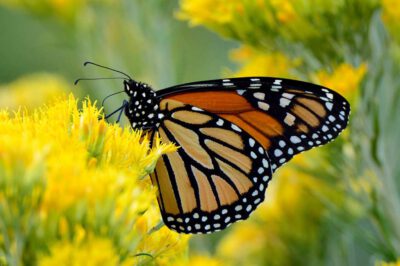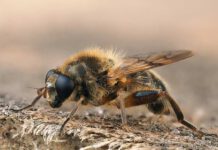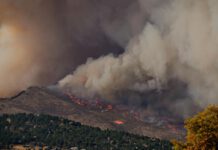
Gland, Switzerland (IUCN) – The migratory monarch butterfly (Danaus plexippus plexippus), known for its spectacular annual journey of up to 4,000 kilometres across the Americas, has entered the IUCN Red List of Threatened SpeciesTM as Endangered, threatened by habitat destruction and climate change. All surviving sturgeon species – also migratory, found across the northern hemisphere – are now at risk of extinction due to dams and poaching, pushing the world’s most Critically Endangered group of animals yet closer to the brink. The tiger (Panthera tigris) has been reassessed, revealing new population figures.
The IUCN Red List now includes 147,517 species, of which 41,459 are threatened with extinction.
“Today’s Red List update highlights the fragility of nature’s wonders, such as the unique spectacle of monarch butterflies migrating across thousands of kilometres,” said Dr Bruno Oberle, IUCN Director General. “To preserve the rich diversity of nature we need effective, fairly governed protected and conserved areas, alongside decisive action to tackle climate change and restore ecosystems. In turn,conserving biodiversity supports communities by providing essential services such as food, water and sustainable jobs.”
The Endangered migratory monarch butterfly is a subspecies of the monarch butterfly (Danaus plexippus). The native population, known for its migrations from Mexico and California in the winter to summer breeding grounds throughout the United States and Canada, has shrunk by between 22% and 72% over the past decade. Legal and illegal logging and deforestation to make space for agriculture and urban development has already destroyed substantial areas of the butterflies‘ winter shelter in Mexico and California, while pesticides and herbicides used in intensive agriculture across the range kill butterflies and milkweed, the host plant that the larvae of the monarch butterfly feed on.
Climate change has significantly impacted the migratory monarch butterfly and is a fast-growing threat; drought limits the growth of milkweed and increases the frequency of catastrophic wildfires, temperature extremes trigger earlier migrations before milkweed is available, while severe weather has killed millions of butterflies.
read more www.iucn.org/press-release/202207/migratory-monarch-butterfly-now-endangered-iucn-red-list














